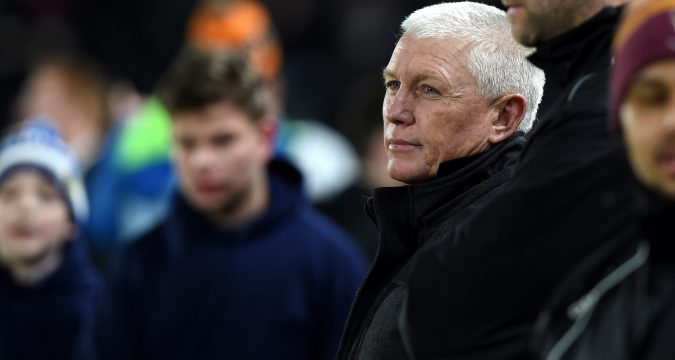 There are some instances in life where you simply cannot win.
In many ways, Rick Stone found himself in that predicament during his near two-year tenure at Huddersfield.
The Australian was sacked by the Giants on Tuesday, bringing an end to an uphill battle the coach was just about seeing the top of before having his feet taken from undernea
There are some instances in life where you simply cannot win.
In many ways, Rick Stone found himself in that predicament during his near two-year tenure at Huddersfield.
The Australian was sacked by the Giants on Tuesday, bringing an end to an uphill battle the coach was just about seeing the top of before having his feet taken from undernea Why Rick Stone can leave Huddersfield with his head held high
 There are some instances in life where you simply cannot win.
In many ways, Rick Stone found himself in that predicament during his near two-year tenure at Huddersfield.
The Australian was sacked by the Giants on Tuesday, bringing an end to an uphill battle the coach was just about seeing the top of before having his feet taken from undernea
There are some instances in life where you simply cannot win.
In many ways, Rick Stone found himself in that predicament during his near two-year tenure at Huddersfield.
The Australian was sacked by the Giants on Tuesday, bringing an end to an uphill battle the coach was just about seeing the top of before having his feet taken from undernea 